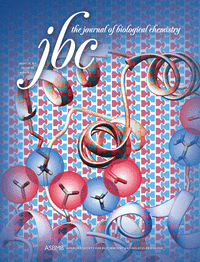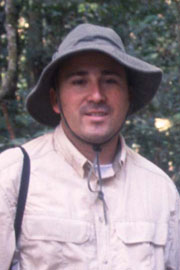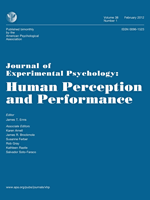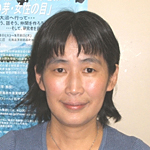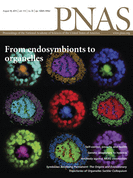![]() After correcting a paper due to problematic figure panels, researchers led by high-profile biologist Olivier Voinnet have now retracted it, after “further analysis of the paper revealed flaws in the interpretation of” another figure.
After correcting a paper due to problematic figure panels, researchers led by high-profile biologist Olivier Voinnet have now retracted it, after “further analysis of the paper revealed flaws in the interpretation of” another figure.
PLOS Genetics published the retraction notice September 3 for the 2013 paper on the molecular details of embryonic stem cells in mice. First author Constance Ciaudo and Voinnet assume “full responsibility for the mistakes on this paper,” according to the note.
Continue reading 5th retraction for Voinnet follows correction, EoC to PLOS Genetics paper
